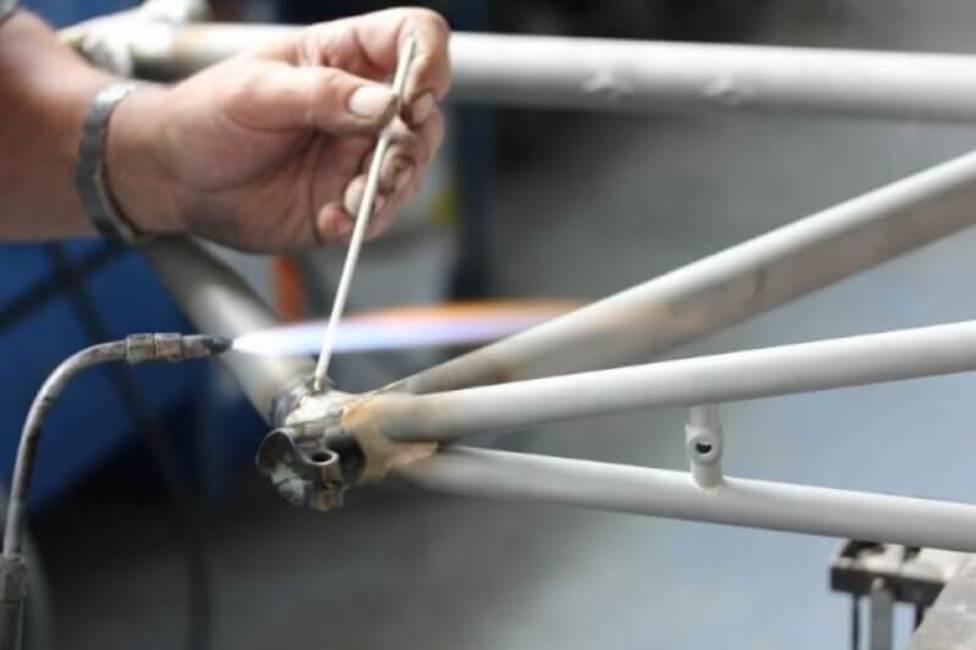Industrial, employment, Construction...
A brazer is a person who joins two metal components together. Brazing is often mistakenly confused with welding; however, the two processes are distinctly different methods of joining metal parts. Welders work with higher temperatures than brazers and usually melt the base metal to form the join. Brazers, on the other hand, melt a filler metal which has a lower melting temperature, to join the two parts. Both brazing and welding are fabrication techniques which are used to join sheet metal.
How does brazing work?
The main advantage of brazing over welding is the capacity to join different types of metal and still achieve a strong joint. During the brazing process, a filler metal is melted down to liquid form to flow into the space between the two metal parts. The filler metal is kept just above melting point and protected by a flux which cleans and purifies the metal before being cooled to join the two sections together.
Brazers use a variety of filler metals depending on the metal parts being joined and the desired strength and appearance of the end product. Some commonly used filler metals for brazing include:
- Brass
- Bronze
- Copper
- Gold-silver
- Copper-silver
- Nickel alloy
- Silver
Transferrable skills for a brazer
Training as a brazer is an excellent career choice. Working in the metal industry, you will learn lots of transferrable skills which can be applied in a variety of different sub-sectors including automotive engineering, construction, sheet metal fabrication, and the oil, gas, and energy industry.
As a brazer, you will accumulate knowledge and expertise which can help you to craft a successful career within the metal working industry. Working as a brazer, you will become competent with the following skills and capabilities:
- Understanding of the chemical composition of different metals
- How to work with and maintain brazing equipment and materials including jigs, heating tools, and components
- Adapting relevant health & safety protocol
- Correct usage of PPE
- Joining metal parts using heat and metal fillers
- Preparing and fluxing metal components
- Operating autobraze machinery
- Monitoring brazed and component quality
- Meet industry standards for professional brazing
At PPR, we help to connect industry professionals with companies to benefit both parties. To find out more about any of our current opportunities or to register with PPR call 01895 80 81 88 or contact us online.


